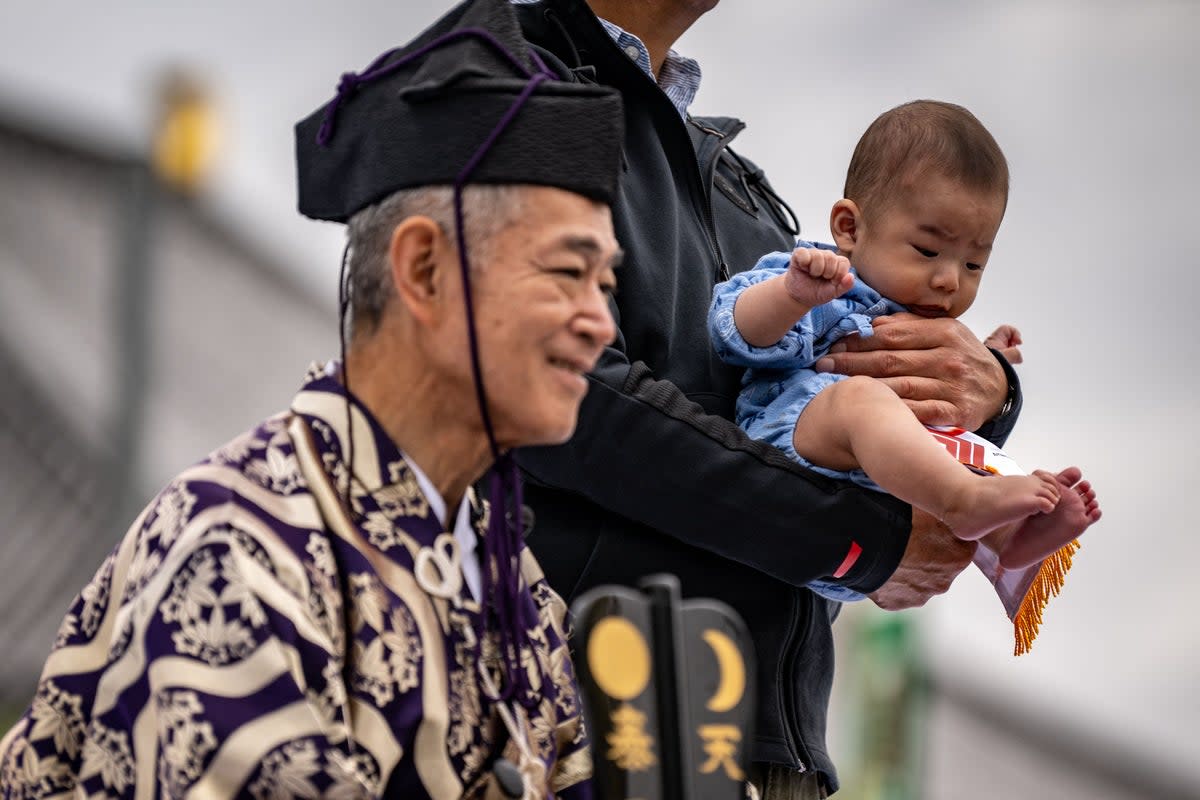Japan allows divorced couples to share joint custody of children

Divorced couples in Japan will now be allowed to share joint custody of their children, according to a new legislation passed by lawmakers on Tuesday.
Japan’s civil code currently supports sole custody between a divorced couple with one designated custodian, but the new amendment will allow couples to share the custody of their child and is likely to be enacted and enforced by 2026.
The bill was cleared in Japan’s national legislative diet [parliament] by a majority vote in a session on Tuesday.
Under the amendment, both parents will share custody if they so agree at the time of divorce.
If the family cannot reach an agreement or if the divorce is finalised after a trial, the case will be sent to a family court which will decide whether to grant joint custody or whether one of the parents will get sole custody, reported Japanese newspaper Asahi Shimbun.
At present, Japan is the only G7 nation that does not recognise joint custody among divorced couples.
However, prime minister Fumio Kishida’s ruling Liberal Democratic party introduced the amendment along with its coalition partner party Komeito, and backing from two main opposition parties, will rank Japan alongside its G7 allies on joint custody.
Several supporters of the current legal protection under sole custody argued that the amendment can harm children and couples separated due to domestic violence and abuse in the family, which might continue under joint custody.
The bill’s sponsors have given the assurance that in such a situation, custody will be granted to one parent if the other is suspected of abuse.
The amendment also includes a clause to confirm if the decision to share custody is based on “true intentions” and not been obtained by one parent pressuring the other.
This will be considered when a couple decides to terminate a marriage by mutual consent.

